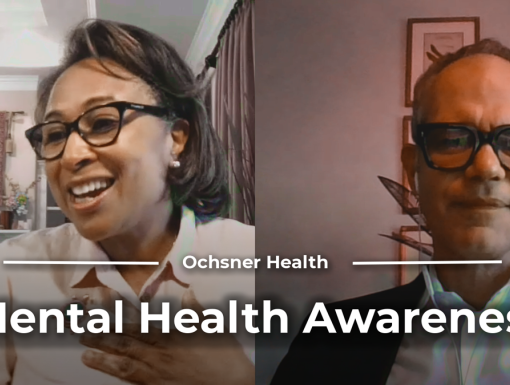
How to Deal With College Anxiety on Top of COVID-19 Worries
For many students who have become accustomed to virtual learning over the last year, an increase in COVID-19 vaccinations means returning to in person classes. While many students may be looking forward to the university experience, returning to college after spending more than a year in COVID-19-required quarantine may come with its own challenges.
Psychologically, adjusting to any new environment takes time. For these students who have endured prolonged social isolation, the sudden switch to attending classes on campus and interacting with a large group of people may be exciting. However, it can also be anxiety inducing. Although many students naturally look forward to socializing on campus, they also must continue to take COVID-19 precautions.
Some of the young adults may question how they will be able to navigate their new surroundings given the continued concerns related to contracting COVID-19. If you’re struggling with these concerns, here are some tools which may help with this transition:
- Be prepared. The more you mentally take an assessment of what to expect, the more you will be emotionally prepared to handle any challenges you might face.
- Ask your college what safety precautions they are taking to protect students. If you are at higher risk due to a medical condition, plan to make additional safeguards for yourself. Pack extra hand sanitizer and extra masks if needed.
- Normalize for yourself the necessity to ask others to maintain social distancing. In today’s world, safety has to be in our daily mindset when it comes to interacting with others.
- Expect a certain amount of anxiety. A new environment, any new environment is bound to cause you a certain amount of anxiety. This reaction is normal because you don’t know what to expect.
- It may be helpful to reframe negative thoughts. You can do this by challenging thoughts that trigger anxiety. Rather than the situation or environment truly being anxiety inducing, sometimes, it might be simply your thoughts or assumptions about what may or may not occur.
- Keep in mind that anxiety and excitement are activated in the same area of the brain. Many people confuse the emotions simply because they manifest in similar ways. For example, both emotions can cause your heart to feel like it’s racing, your hands to shake a little and cause you to feel shortness of breath. When you’re in a new environment, consider the possibility that instead of anxiety, what you might be experiencing is the excitement inherent with a new adventure!
- Practice positive self-talk. Transitioning back to in-person courses will come with its challenges; however, it’s important to be adaptable. Returning to college may be long-term or temporary. Situations can change at a moment’s notice.
- A certain amount of anxiety is to be expected during this time. Be mindful of what is within your control and what is not. Remind yourself you are taking all the precautions necessary to protect yourself, and therefore you are doing everything in your power to prioritize yourself and your health. Also, give yourself credit for the resiliency and strength you’ve demonstrated thus far.
- Be proactive in seeking help. After months of social isolation, some mental health issues are expected. We are experiencing a collective trauma, therefore rates of depression and anxiety are increasing.
Just like everyone else, you’ve likely been affected emotionally on some level. Normalize for yourself the importance of seeking assistance and support from friends, family or a professional mental health worker when feeling overwhelmed. Being proactive in seeking support or treatment is by far more helpful than avoiding or ignoring your symptoms.
Finally, realize you are not alone. Knowing we’re all going through this uncertainty is one thing. Knowing we are all in this TOGETHER is quite something else. Acknowledging our collective experience allows us to engage in collective healing and support, and that’s worth striving for.



